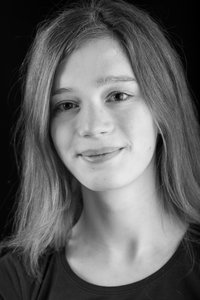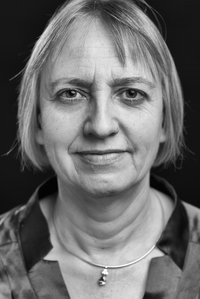Introduction
To stimulate the recruitment of female PhD candidates, CWI launches the Constance van Eeden PhD Fellowship. The fellowship offers one PhD position to a talented young female student in mathematics or computer science. It is named after Constance van Eeden (1927-2021), who worked at CWI from 1954 to 1960 and was one of the first female PhD students in statistics in the Netherlands. CWI researchers Lynda Hardman and Sophie Huiberts comment on this intiative in this interview.
What does the Constance van Eeden PhD Fellowship offer?
- PhD position at CWI
- Freedom to choose your own research topic within the four CWI focus areas: Algorithms, Data & Intelligent Systems, Cryptology & Security, and Quantum Computing
- Internal mentoring by a female role model from CWI or by an external coach or mentor (in addition to the regular supervision by the supervisor)
- Participation in leadership development trainings
- Residency at a prestigious foreign institute/university for 6 months
- More generous budget than usual for training and travel
About CWI resarchearchers Lynda Hardman and Sophie Huiberts
Sophie Huiberts is one of CWI's current female PhD students, working in the research group Networks and Optimization. She is a member of the CWI works council and involved in drafting the CWI diversity plan. "In 2017, CWI had 19% female PhD students, which is already low," says Huiberts, "but in 2019 the proportion had even dropped slightly to 17%. However, we are aiming for 30%, and so something has to change. The Fellowship is going to contribute to that." Huiberts is near the end of her PhD research.
She explains that in the past years she was the only PhD student in her group. And there was only one woman among the senior researchers in her group. Recently, a PhD student was finally hired again. Huiberts: "It is not the case that I have experienced concrete practical obstacles because of the lack of women, but it does feel strange. For example, it has been important for me to have female role models in my field. If you don't have anyone who looks like you, you feel excluded from the group more quickly."
Consciously or unconsciously, scientists still often choose men when they have to select from a group with many men and only a few women, Huiberts thinks. She illustrates this with an example she heard in a panel discussion on diversity at the Heidelberg Laureate Forum in 2019. There, the president of the Association for Computing Machinery (ACM) told the audience that not a single female scientist had been nominated for the Turing Award for five years. "But", says Huiberts, "if the proportion of female senior researchers is 20 per cent and no woman is nominated for five years then something must be wrong. I can name five women in my field who would deserve one of those awards, but apparently nobody thinks of them."


